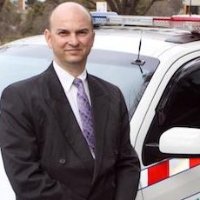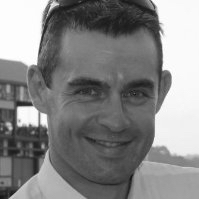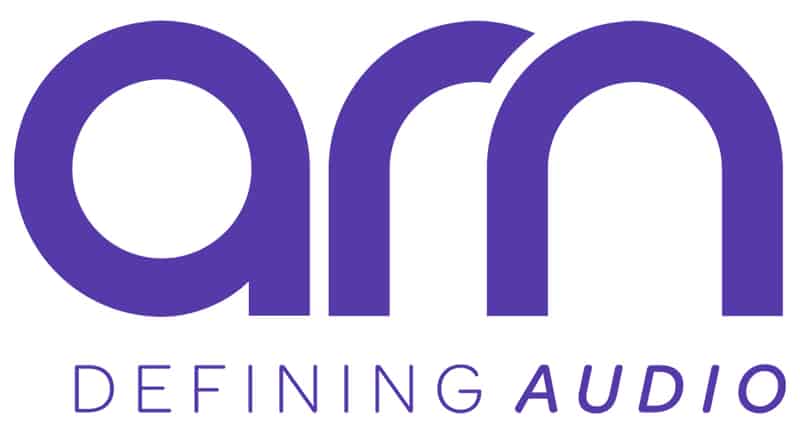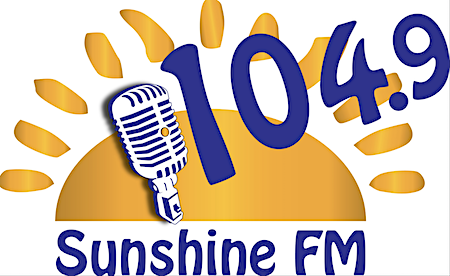On the road again…

There was a time, not that long ago when radio newsrooms across the country would send journos ‘out on the road’ to cover stories that mattered to their audiences. No second thoughts, it’s just what we did.
Assigned the courts/police round or politics and sport, you were expected to file stories and get the station flag in camera shot (preferably edging out a competitor).
Being on the rounds meant you had to develop a network of contacts, who could give you the inside scoop or a piece of information that could ‘sex up’ a story.
Sadly, these days, the majority of journalists are studio bound, unless it’s a truly ‘big one’ and then it’s all systems go.
It’s easy to get ‘misty eyed’ about the good old days, but what’s overlooked is the invaluable lesson that are learned being ‘on the road’. You develop a whole set of skills that are vital to being a successful broadcaster.
 Former 3AW journalist Paul Bentley did the hard slog for 20 years, covering radio and TV. For ten and a half years, he was 3AW’s police reporter.
Former 3AW journalist Paul Bentley did the hard slog for 20 years, covering radio and TV. For ten and a half years, he was 3AW’s police reporter.
“The police round is demanding one, requiring you to be on-call 24/7. And you’re on-call unless you’re on holidays.
“You’re often working the breakfast shift to gather overnight crime stories and going to the scenes of major crimes or emergencies to file reports for our radio station, as well as interviews for stations across the network.”
Now working with Ambulance Victoria as Senior Media Liaison, Paul admits to enjoying the rush of covering a ‘big’ story.
“The thrill of covering big breaking news is the adrenalin rush. News doesn’t happen in the newsroom. It happens on the road. Tracking down witnesses or having a quiet chat to police is where the real story comes from.
“I recall taking a young journalist to a story where CBD car park staff all went on strike. They didn’t understand the impact until we got there and they saw the queue of cars snaking around the block. It created gridlock traffic.
“Sometimes seeing is believing and you don’t get that sitting in the newsroom.”
 Triple M Sydney’s Hugh Finnane spent 10 years on the road with 2SM, 2GB and 2UE covering everything from sport to the courts to police stories and ‘everything else in between’.
Triple M Sydney’s Hugh Finnane spent 10 years on the road with 2SM, 2GB and 2UE covering everything from sport to the courts to police stories and ‘everything else in between’.
“Hitting the road is the best way to learn. Having a general and wide knowledge is really important.
“Adaptability is also key to an ‘on-the-road’ reporter as is an ability to ‘think on your feet’.
“I could be driving around for hours to Newcastle, the Blues Mountains, Wollongong and elsewhere. I could be working well into the night covering sieges or a NRL judiciary hearing doing crosses for news bulletins or on-air.
“I enjoyed it, especially covering breaking stories. I remember in 2006, I was covering the disappearance of a teenage boy in the Blue Mountains and got the story to air before any other stations when, unfortunately, his body was found. Sounds a little macabre, but it was a bit of a rush.
“The job can be very unforgiving at times if you’re five minutes late to a press conference or you get your facts wrong.”
As we move more into a digital world, we shouldn’t forget that we’re news gatherers and that’s more than checking out AAP copy or opening an email. Skills learned on the road can make a good broadcaster something exceptional.



